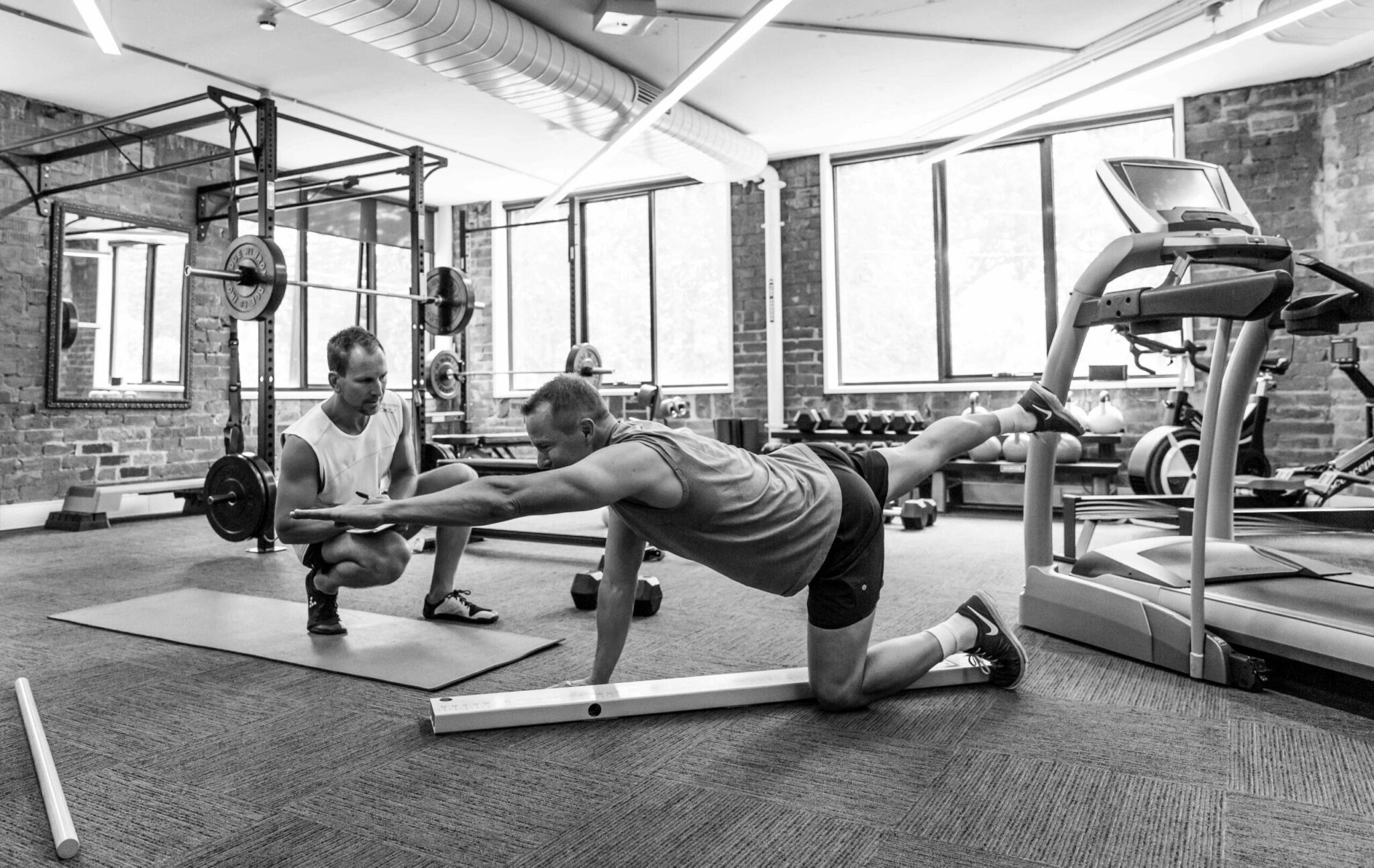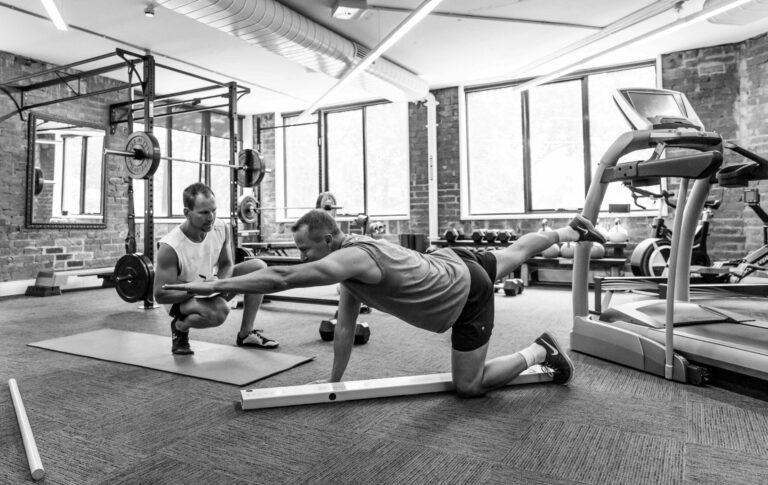How Physiotherapy Can Speed Up Recovery After Surgery

Undergoing surgery is a significant step towards better health, but the journey to complete recovery doesn’t end in the operating room. Integrating physiotherapy into the post-surgery process can make a remarkable difference in the speed and effectiveness of recovery.
In this guide, we’ll delve into the world of physiotherapy, exploring its mechanisms, importance after surgery, pain management techniques, and its role in restoring function.
What is Physiotherapy? How Does it Work?
Physiotherapy, often referred to as physical therapy, is a healthcare discipline focused on optimising physical function and mobility. It involves a range of techniques, exercises, and manual therapies designed to enhance and restore the body’s proper functioning.
Physiotherapists are highly trained professionals who work closely with patients to address a variety of conditions, including post-surgical recovery.

Tailored Rehab Programs: Why is Physiotherapy Important After Surgery?
Physiotherapy plays a pivotal role in post-surgical rehabilitation by tailoring programs to meet the unique needs of each patient.
These programs are meticulously designed to enhance recovery, focusing on specific areas such as regaining range of motion, rebuilding strength, and restoring overall functionality. Physiotherapy after surgery can:
- Facilitate faster recovery
- Enhance pain management
- Restore range of motion, strength, and functionality
- Minimise complications
- Prevent long-term issues
- Support holistic well-being
By addressing these key components, physiotherapy helps expedite the recovery process and ensures patients regain their pre-surgery quality of life.
Pain Management with Physiotherapy Techniques
Pain is an inevitable aspect of the post-surgical phase, but effective pain management is crucial for a smoother recovery.
Physiotherapists employ a variety of techniques, including targeted exercises, manual therapies, and modalities like heat or cold applications, to manage pain effectively without solely relying on medication.
This holistic approach ensures that pain is addressed comprehensively, contributing to a more comfortable recovery.

Restoring Function: Range of Motion, Strength, and Flexibility
Regaining function is a primary goal of post-surgical physiotherapy. Physiotherapists work closely with patients to restore range of motion, rebuild strength, and improve overall functionality.
Through a tailored combination of exercises and therapies, patients can reclaim their ability to perform daily activities and achieve optimal physical well-being.
Further reading: Once you’ve completed the recommended post-surgical physiotherapy plan with your therapist, speak to them about returning to exercise safely and effectively.
Personalised Care Plans: Tailored to Procedures and Patient Needs
Every surgical procedure is unique, and so are the recovery needs of each patient. Physiotherapists develop personalised care plans that consider the specificities of the surgery and the individual patient.
This tailored approach ensures that the rehabilitation process aligns seamlessly with the intricacies of the surgery, promoting optimal recovery outcomes.
Preventing Complications and Enhancing Long-Term Outcomes
Physiotherapy is instrumental in preventing and minimising post-surgical complications. By addressing mobility, strength, and functionality early in the recovery process, physiotherapists can minimise the risk of issues such as muscle atrophy, joint stiffness, and other complications.
At South Yarra Spine & Sports Medicine, we focus on this proactive approach to contribute to improved long-term outcomes and enhance the overall success of your surgery.
Receive Support With Post-Surgical Physiotherapy
Integrating physiotherapy into any kind of post-surgical recovery is a proactive step towards achieving optimal health outcomes and speeding up your return to normal activities.
At South Yarra Spine & Sports Medicine, our focus is on personalised care, pain management, and restoring functionality. Our experienced physios will provide the very best post-surgical care for you and your specific needs.
Discover for yourself how physiotherapy becomes an indispensable partner on the road to recovery. Speak with our team today about your surgery, recovery, and physiotherapy plan.

FAQs
What Does a Rehabilitation Physiotherapist Do?
Rehabilitation physiotherapists specialise in guiding patients through the recovery process after surgery. They create tailored programs, address pain management, and focus on restoring optimal function.
When Should I Start Physiotherapy After Having Surgery?
The timing varies based on the type of surgery, but in many cases, physiotherapy can begin shortly after the procedure to initiate the recovery process promptly.
Is Post-Surgery Physiotherapy Painful?
Physiotherapy aims to manage pain effectively without causing undue discomfort. The intensity of exercises is adjusted based on individual pain thresholds.
Does Physio Help After Any Type of Surgery?
Yes, physiotherapy is beneficial after a wide range of surgeries, from orthopaedic procedures to abdominal surgeries, contributing to enhanced recovery in various medical contexts.
How Many Physiotherapy Sessions Will I Need After Surgery?
The number of sessions varies depending on the type of surgery and individual factors. Physiotherapists assess progress continually and adjust the treatment plan accordingly.
Does Medicare Cover Physio?
General physiotherapy sessions are not usually covered by Medicare, but you may qualify for some level of cover for certain circumstances, such as those related to chronic conditions or specific medical requirements.
If you have private healthcare, you’ll likely have some aspect of physiotherapy or allied healthcare as part of your plan. It’s always advisable to check with your healthcare provider for detailed information.




